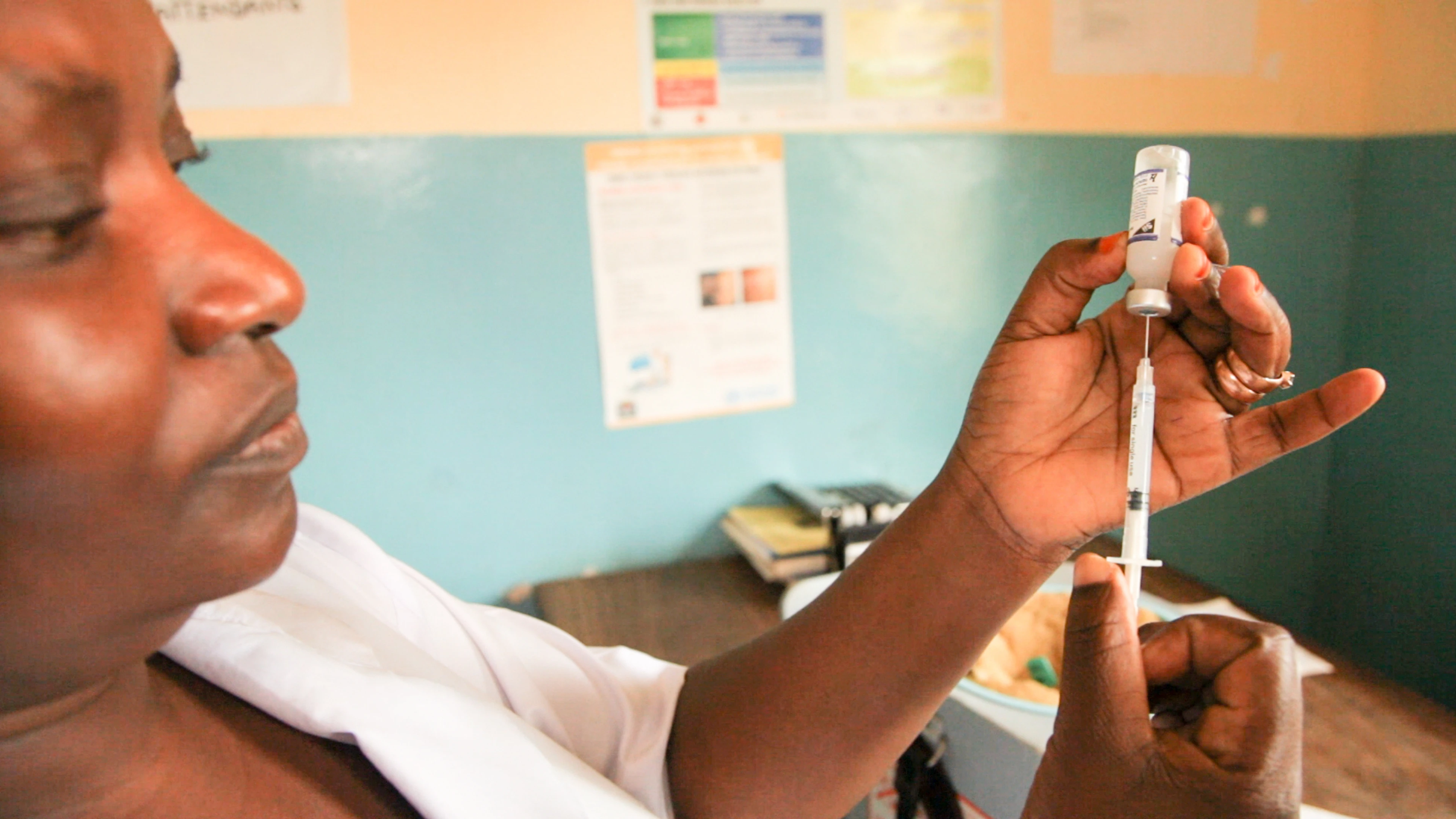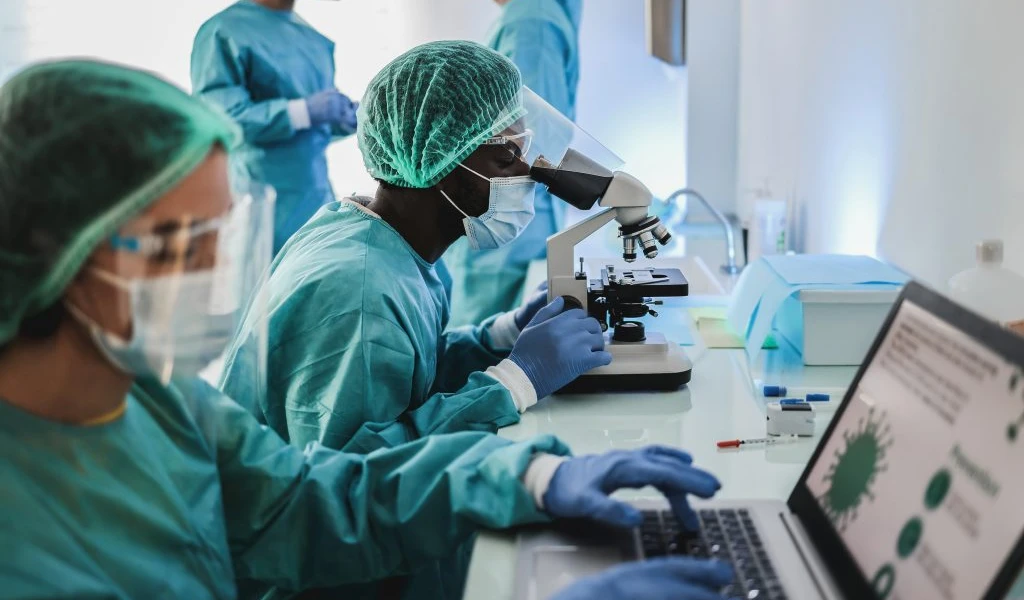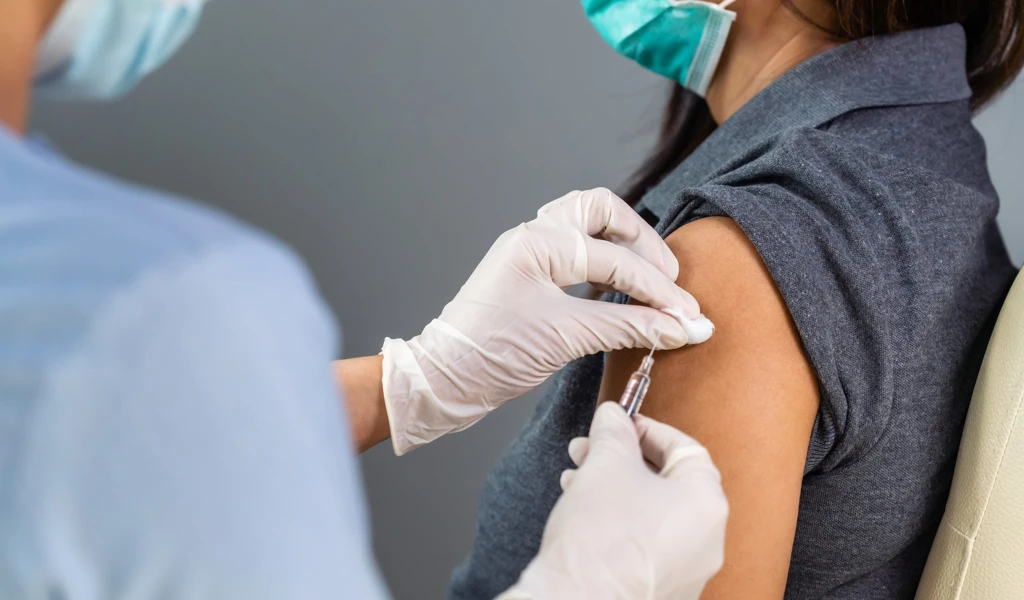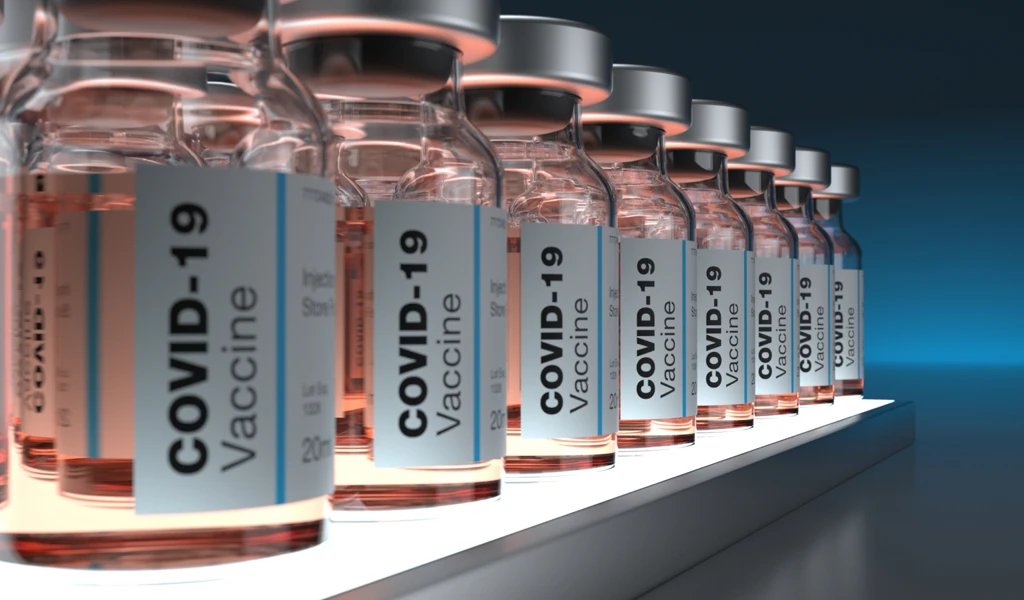Real-world vaccine-effectiveness data are essential to inform vaccine roll-out strategies, especially in resource-limited countries. But for some COVID-19 vaccines, such data are limited.
All vaccine candidates must undergo rigorous testing in clinical trials to prove they are safe and effective before regulators approve them for use. However, the assessment of a vaccine doesn't stop there. In fact, regulators require developers continue to evaluate the effectiveness of a vaccine in the general population long after they have approved it.
As part of the clinical development of a vaccine, large-scale clinical studies—often involving tens of thousands of volunteers—are conducted to determine the vaccine's clinical efficacy and safety. In other words, whether it stops or reduces the risk of infection with the pathogen it is designed to protect against. These highly controlled trials often include tens of thousands of people. Once vaccines are approved and administered to millions of people, researchers and developers can conduct vaccine effectiveness studies to gather "real-world evidence". This evidence is crucial in helping to fill the remaining knowledge gaps that pre-approval trials cannot address. It also helps to improve how these vaccines can work in real-life settings and be delivered to maximise their health impact.
Importance of generating real-world data for COVID-19 vaccine effectiveness
By January 2022, over 190 studies of COVID-19 vaccine effectiveness were published. At that time, almost all of these studies were conducted in high-income countries, and most assessed the effectiveness of mRNA-based or vector-based vaccines. Limited data are available on the effectiveness of inactivated vaccines, although these vaccines account for over half of all doses distributed to low-income and middle-income countries (LMICs).
Vaccine-effectiveness and real-world evidence are essential to enable vaccine regulatory approval and to inform vaccine-specific policies and recommendations in LMICs, particularly in resource-limited countries. Such studies also improve the understanding of how efficacious the vaccines are against new emerging variants of SARS-CoV-2 that continue to circulate around the world
In February 2022, CEPI initiated a COVID-19 vaccine effectiveness programme to generate additional real-world vaccine-effectiveness data on inactivated and newly licensed adjuvanted protein vaccines. This programme aims to optimise the vaccine roll-out of COVID-19 vaccines in LMICs, focusing on sub-Saharan Africa, Southeast Asia, and the Middle-East regions.
CEPI is providing up to US$10 million for such projects and is currently supporting two studies of inactivated COVID-19 vaccines in Zimbabwe and the Philippines.
COVID-19 vaccine effectiveness studies in Zimbabwe and the Philippines
In August 2022, CEPI provided up to US$1.8 million to the Mutala Trust—an African-led non-profit research organisation in Zimbabwe—to assess the effectiveness of the BBIBP-CorV (Sinopharm) and CoronaVac (Sinovac) vaccines, both of which are inactivated vaccines and are already distributed in the country.
A real-world effectiveness study for inactivated COVID-19 vaccines will advance our understanding of vaccine effectiveness, hybrid immunity and emerging variants in Zimbabwe. We believe it will provide critical data that will inform policy in Zimbabwe and contribute to data being generated by other African researchers on vaccine effectiveness on the continent
The CEPI-backed ZIMCoVVAR (The COVID-19 vaccine effectiveness and SARS CoV-2 variants in Zimbabwe) study evaluates the effectiveness of these inactivated vaccines against symptomatic COVID-19 in adults. Patients with symptoms consistent with COVID-19 are enrolled at health centres in Harare, Marondera, Norton, Chinhoyi, and Chitungwiza. This study is done in collaboration with the University of Oxford Vaccine group.
In October 2022, CEPI also partnered with the University of the Philippines, Manila, providing up to US$1.1 million to support a study designed to assess the effectiveness of CoronaVac in preventing COVID-19-related hospitalisation in adults. Around 3000 people hospitalised with symptoms consistent with COVID-19 will be recruited in this study in Batac, Cebu and Ozamuz provinces.
As part of the studies in Zimbabwe and the Philippines, genomic sequencing of SARS-CoV-2 isolates will also contribute to the surveillance of circulating SARS-CoV-2 variants in Sub-Saharan Africa and Southeast Asia.
CEPI has played a central role in the global response to COVID-19, creating the world's most extensive portfolio of COVID-19 vaccines and co-leading the COVAX Facility, which aims to equitably deliver COVID-19 vaccines to participating countries worldwide.
CEPI plans to announce funding for future COVID-19 vaccine-effectiveness studies in the coming months, which will continue to help improve scientific understanding of whether COVID-19 vaccines perform as expected outside controlled clinical trial settings.



